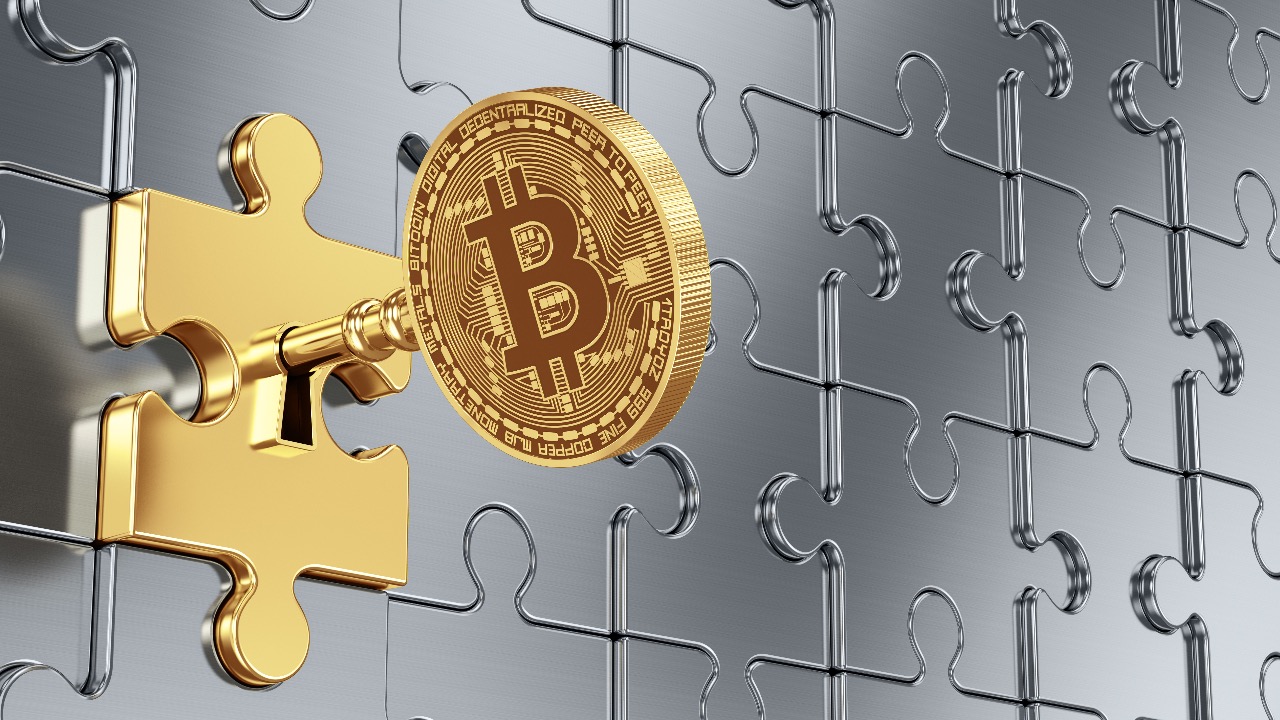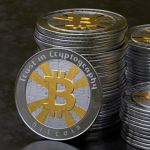#crypto #cryptocurrency #bitcoin #blockchain #money
$BTC
“We hear a lot of people ask basic questions about Bitcoin and blockchain technology, so we have compiled a list of answers. Understanding cryptocurrencies is a steep learning curve”–Paul Ebeling
Bitcoin is a type of cryptocurrency. It’s also an asset and a payment platform with a digital ledger that spans the world, combining global transactions onto a single system. It introduced blockchain technology. It allows people without bank accounts to make transactions. In countries with hyperinflation, Bitcoin has become a viable payment method. Bitcoin can also move fluidly across borders without intermediaries. Unlike fiat currency that needs to get converted from USD to euros to yen, Bitcoin is just Bitcoin. Someone in Kansas City can send Bitcoin to someone in Phuket, like someone in London can e-mail someone in Buenos Aires. If paper money is a CD, Bitcoin is an MP3. Bitcoin is also good at moving huge lump sums for big expensive assets, which is why wealthy investors use it to buy homes, yachts and supercars.
BTC can be used to buy and sell goods and services. Because of its limited use as money and because of its slow transaction time and high fees, many “experts” and bankers refrain from calling it money and do not consider it a currency. But that doesn’t mean much. People in Venezuela and Zimbabwe have been using Bitcoin as money since their national currencies collapsed. People in the US have found limited adoption and are able to use it as money on e-commerce platforms like Overstock. Other companies are experimenting with implementing Bitcoin as money.
Blockchain is a new technology with far-reaching applications that can annihilate banking services, if not banks altogether, and redesign transactions across a multitude of businesses and industries. It is a digital ledger that records transactions publicly or privately, and sequentially. It can facilitate peer-to-peer transactions, eliminating or reducing the need for middlemen. Through encryption and decentralization, blockchain creates trust. With Bitcoin’s blockchain, anyone can see all transactions.
Again, Bitcoin is a new technology, and it’s unlike anything ever created in the modern world. Trying to define it has led to fierce debate. It has been called many different things: currency, money, a payment solution, a blockchain, gold, an asset, a cryptocurrency, garbage, a Ponzi scheme, a fraud, a brilliant scam. The debate continues.
Here’s a list of articles that express very different opinions and definitions of Bitcoin.
A tip of my hat to sovereign individuals with satoshis and Bitcoin in cold storage with our firm. Click here
Have a prosperous day, Keep the Faith!









